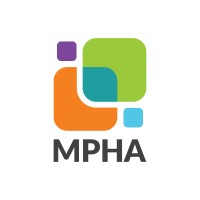
Massachusetts Public Health Alliance
The Massachusetts Public Health Alliance (MPHA) is a nonprofit organization that promotes a healthy Massachusetts through advocacy, community organizing, and coalition building. We are leaders in the movement to create health equity by addressing the root causes of health and wellness. We promote policies that impact the major drivers of health outcomes, such as access to healthy food, safe affordable housing, and transportation. We also advocate for equitable public health services throughout the Commonwealth. Mission MPHA is a catalyst for community-driven policy change that fosters conditions for people to achieve their full health potential where they live, work, and play. We advocate and organize in partnership to dismantle structural racism and address the other root causes of health inequities. Vision A Massachusetts of healthy, equitable, just, and thriving communities where racism, poverty, and zip code do not determine our health or lifespan.






